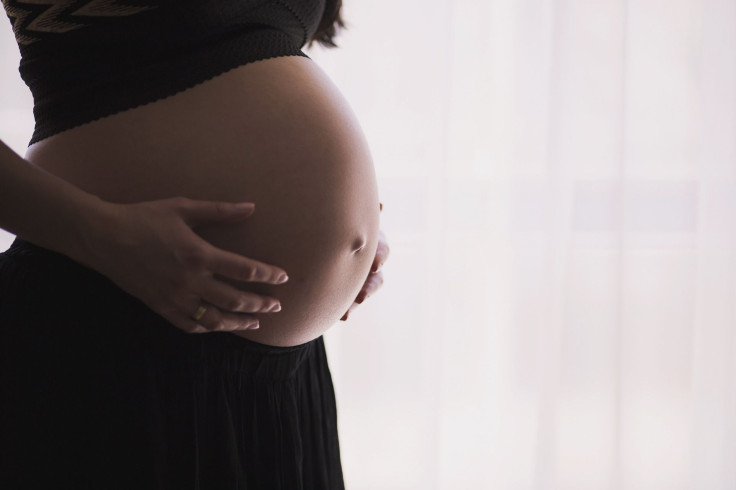Several studies conducted on the use of marijuana during pregnancy have shown its direct impact on the development of the fetus.
Another research has added to the impact that Tetrahydrocannabinol (THC) has on the behavioral development of children whose mothers use cannabis during or soon after pregnancy. Children are more than twice as likely to be more anxious or aggressive if their mothers continued to use cannabis in any form during the pregnancy.
The intake of cannabis during pregnancy has seen a steady increase. A 2016 study of women in California showed that more than twice the number of women used cannabis during their pregnancies than they did in 2009.
Awareness regarding the use of cannabis during pregnancy is lacking among individuals, lawmakers and even doctors. Yoko Nomura, a behavioral neuroscientist at Queens College, City University of New York, made this observation. Co-authoring the new study, she pointed out that while pregnant women avoid drinking and smoking they do not find the intake of cannabis to be alarming.
Many women use cannabis to cope with various health issues like morning sickness, anxiety and pain during pregnancy.
A study that began in 1978 linked the use of cannabis to behavioral problems, the New York Times reported. It was also recorded as a contributing factor to a deficit in the development of the child’s memory, visual perception, attention and language comprehension.
Other studies have indicated that the intake of cannabis can cause low birth weight, delusional thoughts, reduced IQ, attention problems and even autism in children. However, there have been some studies that have proven the link between developmental issues and cannabis as inconclusive.
Darine El-Chaâr, a maternal-fetal medicine physician at The Ottawa Hospital in Canada, claims that TCH, the compound that is responsible for the psychological effects, is also responsible for the deficits in children. She pointed out that the cannabis consumed today has higher THC than it did previously.
A study of placenta collected from mothers who used cannabis and mothers who abstained during pregnancy was also conducted. Analysis of placenta genes showed that there was dampened activity leading to reduced immune-related proteins.
THC consumed by mothers is passed onto the fetus through the placenta during pregnancy. It is also passed on through breast milk.
El-Chaâr emphasized that the effect of cannabis on children was not only by smoking it. Eating cannabis-infused food, vaping as well as using oils and creams absorbs the THC.
The study does not show a relation between prenatal cannabis consumption and developmental issues in children.

© 2025 Latin Times. All rights reserved. Do not reproduce without permission.




